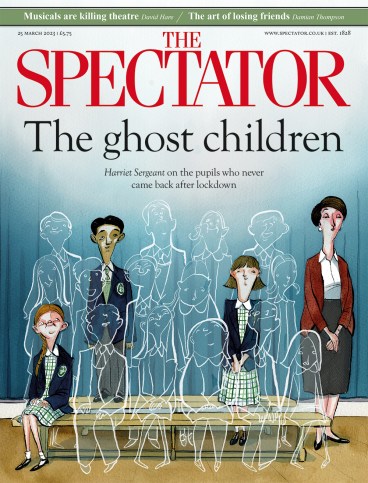The Boris distraction
Boris Johnson should not be forgiven for his handling of lockdown. He needlessly criminalised everyday behaviour when voluntary guidelines would have sufficed. Nannies were prosecuted for delivering birthday cards to children; friends were apprehended for meeting up in the park. Meanwhile, the officials who had created these rules flouted them regularly. Johnson wrongly denied that







